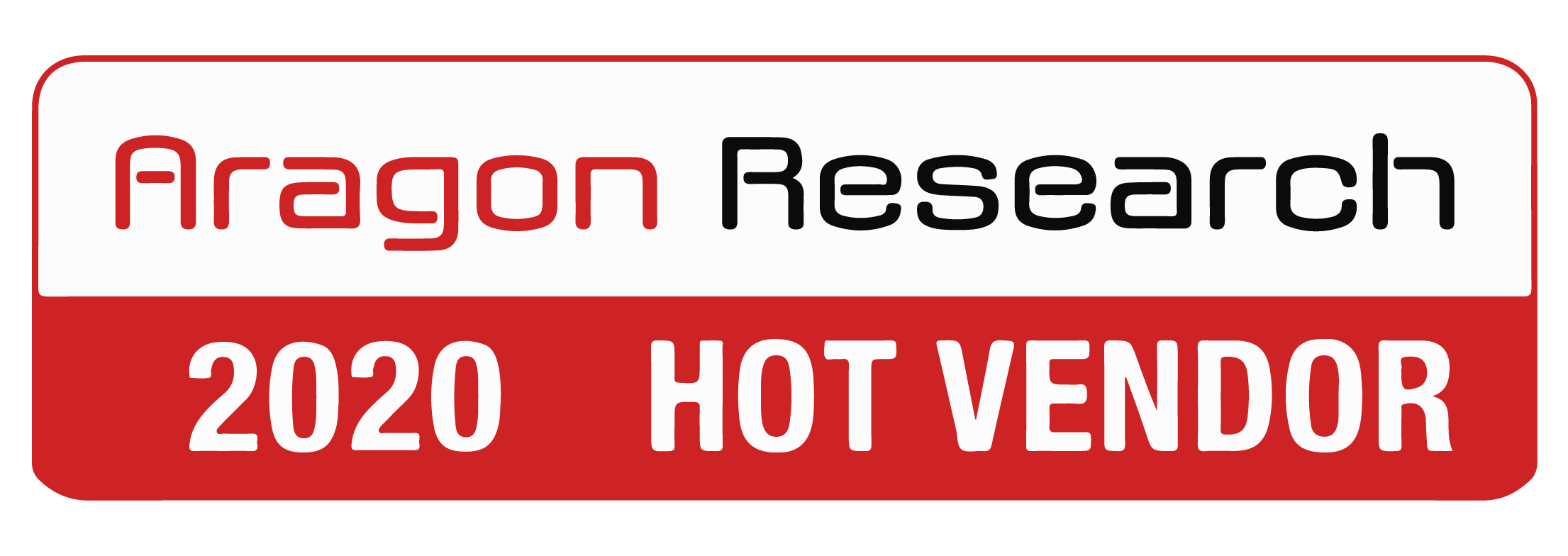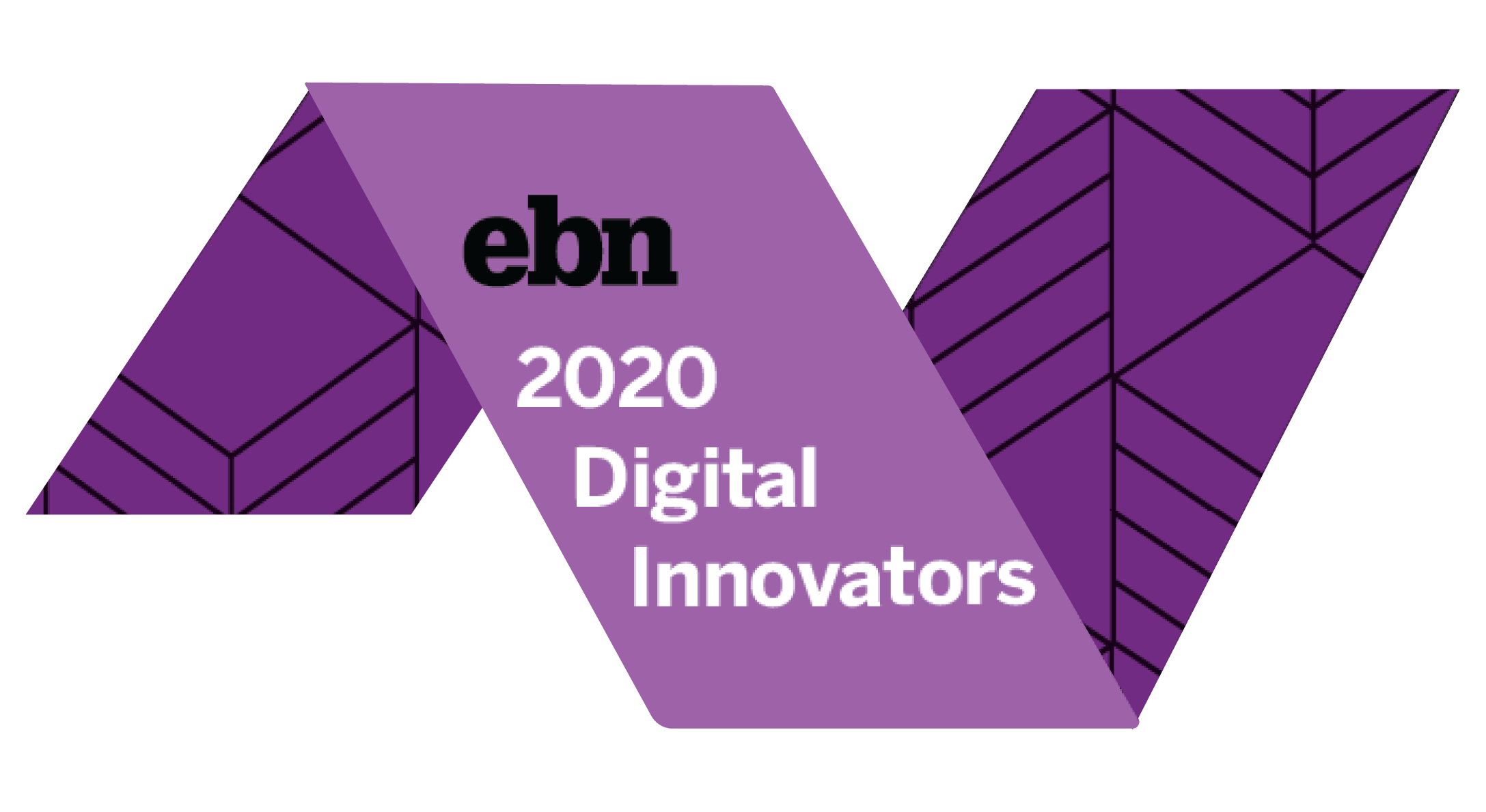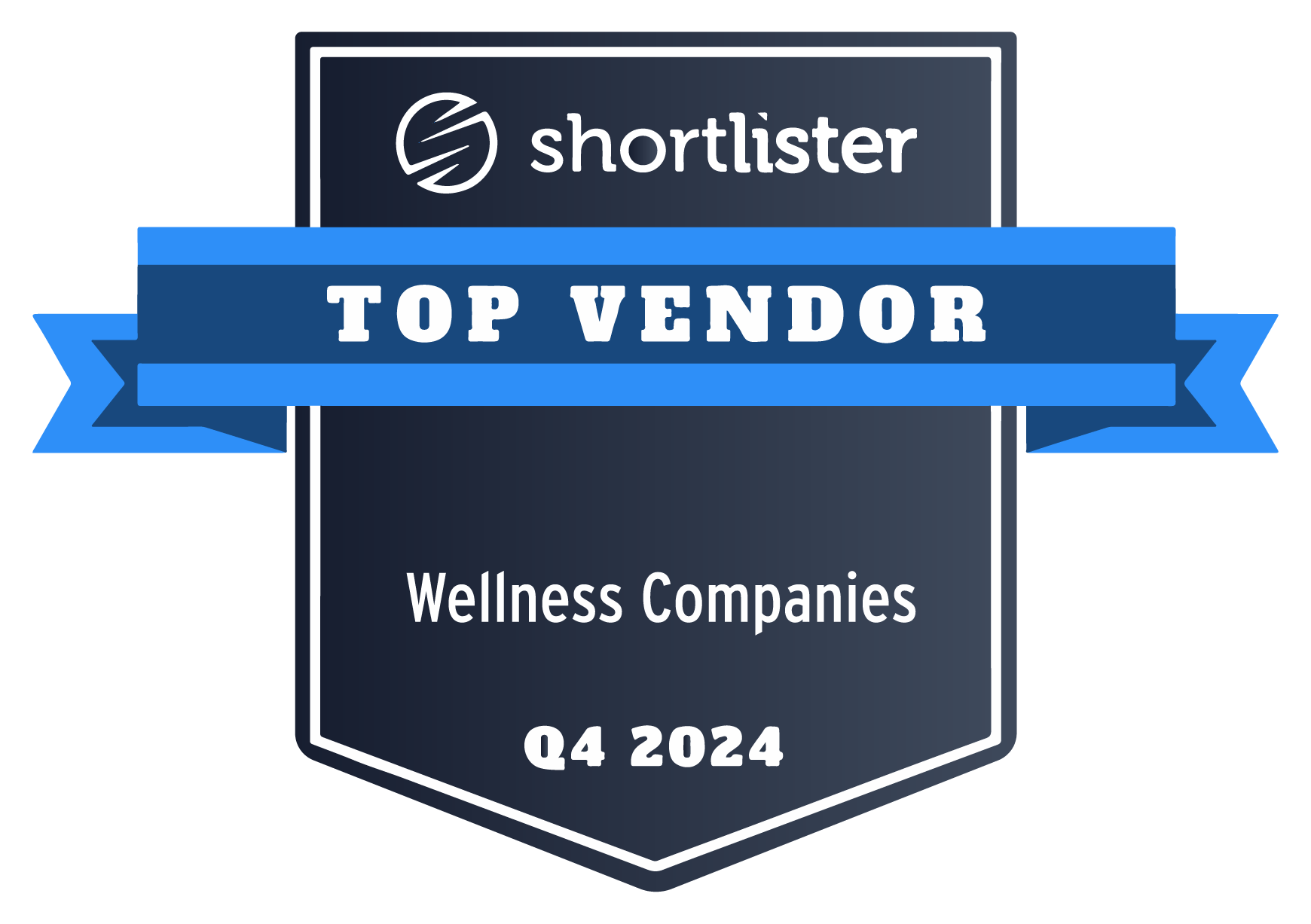We’re evolving as a workforce—the COVID-19 pandemic is one of the biggest disruptors in recent times. HR leaders in companies fortunate enough to still be hiring don’t have a shortage of candidates today. However, in the long run, how can you keep your company competitive as it relates to attracting and retaining talent?
What employees are looking for from companies has also evolved. In the past decade, a growing number of employers have invested in benefits and programs to attract and retain talent. In 2019 alone, large employers spent on average $3.6 million on wellness programs. Many of these programs focused on physical and mental wellness with perks such as onsite gyms, meditation rooms, and standing desks.
As we learned before the pandemic, when the unemployment rate was at a record low, competitive pay and benefits are not enough in the long run. How do you make sure your company stays top of mind, not just during bad times but also during good times?
Here are three things that employees look for in a company: a sense of purpose, flexibility, and overall well-being.
A Sense of Purpose
The Global Talent Trends study from Mercer identified having a sense of purpose as one of the top things employees look for in their next career opportunity.
People gain meaning from working on something bigger than themselves. Having a strong sense of purpose gives employees a boost in motivation, morale, and productivity. Not to mention, a sense of satisfaction with the work they are doing.
How do you create a sense of purpose within your company?
You don’t need to have a lofty new mission or fundamentally change your business. A sense of purpose is often about creating a positive internal culture within the company. As HR leaders, here are a few things you can do to cultivate a sense of purpose within your organization:
- Develop clear expectations and goals around the company’s vision
- Create a culture where employees are recognized and praised for their work and progress in reaching goals
- Lead by example and express gratitude whenever appropriate
- Communicate openly to build trust. Let employees know how their job directly impacts the company and its customers.
Thriving employees are three times more likely to work for a company with a strong sense of purpose. What may seem like a small gesture can mean a lot more to your employees.
Flexibility
The second thing employees look for is a company with a positive work-life culture, which often translates into flexible workplace arrangements.
The pandemic threw the standard five days a week commute out the window for most office workers. Around half of all U.S. employees work from home, giving them more flexibility in their work schedules.
It’s too early to tell if this shift will continue as the world slowly reopens. But we can expect employees to increasingly demand this flexibility. More than half (54%) of people surveyed by IBM prefer to work from home as their primary location after the pandemic. More than three quarters (75%) prefer to do so occasionally.
Flexibility doesn’t stop at the employee’s location. Employees also want to work for companies that allow flexible schedules and flexible paid time off (PTO). These benefits boost employees’ mental well-being, encourage productivity and reduce stress in the workplace.
Well-being: Mental, Physical & Financial
The third thing employees look for is a company that supports their overall well-being.
Many are familiar with physical well-being and how companies help employees with health insurance and gym membership. But well-being doesn’t stop at physical needs. Employees increasingly expect employers to also support their mental and financial wellness.
Commitment to your employees’ overall well-being shows them that you care. In creating a wellness culture, employers can look at offering mental health days, access to mental health professionals, and even weekly meditation programs for example.
As for your employees’ financial wellness, consider supporting them by providing access to a personalized and comprehensive financial wellness solution. 42% of employees say that they need guidance when making important financial decisions, such as buying a home or saving for retirement. A holistic financial wellness solution can guide them on all aspects of their personal financial lives, including financial education, day-to-day budgeting, goal-based planning and investing.
In the long run, giving employees a sense of purpose, flexibility and support for their overall well-being will help your company stay top of mind as you look to attract and retain key talent.
To learn more, check out brightplan.com.














